Designed for perioperative care teams, the EIP is not just an implementation and training program. It’s a transformation. EIP empowers teams to implement and uphold the gold standards of ERAS® Protocols.
Key Features & Benefits:
Today’s healthcare handles millions, saving and enhancing lives, thanks to the tireless efforts of dedicated professionals. Let the ERAS® Implementation Program (EIP) support you in your ERAS® efforts!
Our ERAS® Implementation Program (EIP) is led together with leading clinical experts / healthcare professionals / clinicians from the ERAS® Society, dependent on the protocol type being implemented. Get to know some of these leading HCPs below.
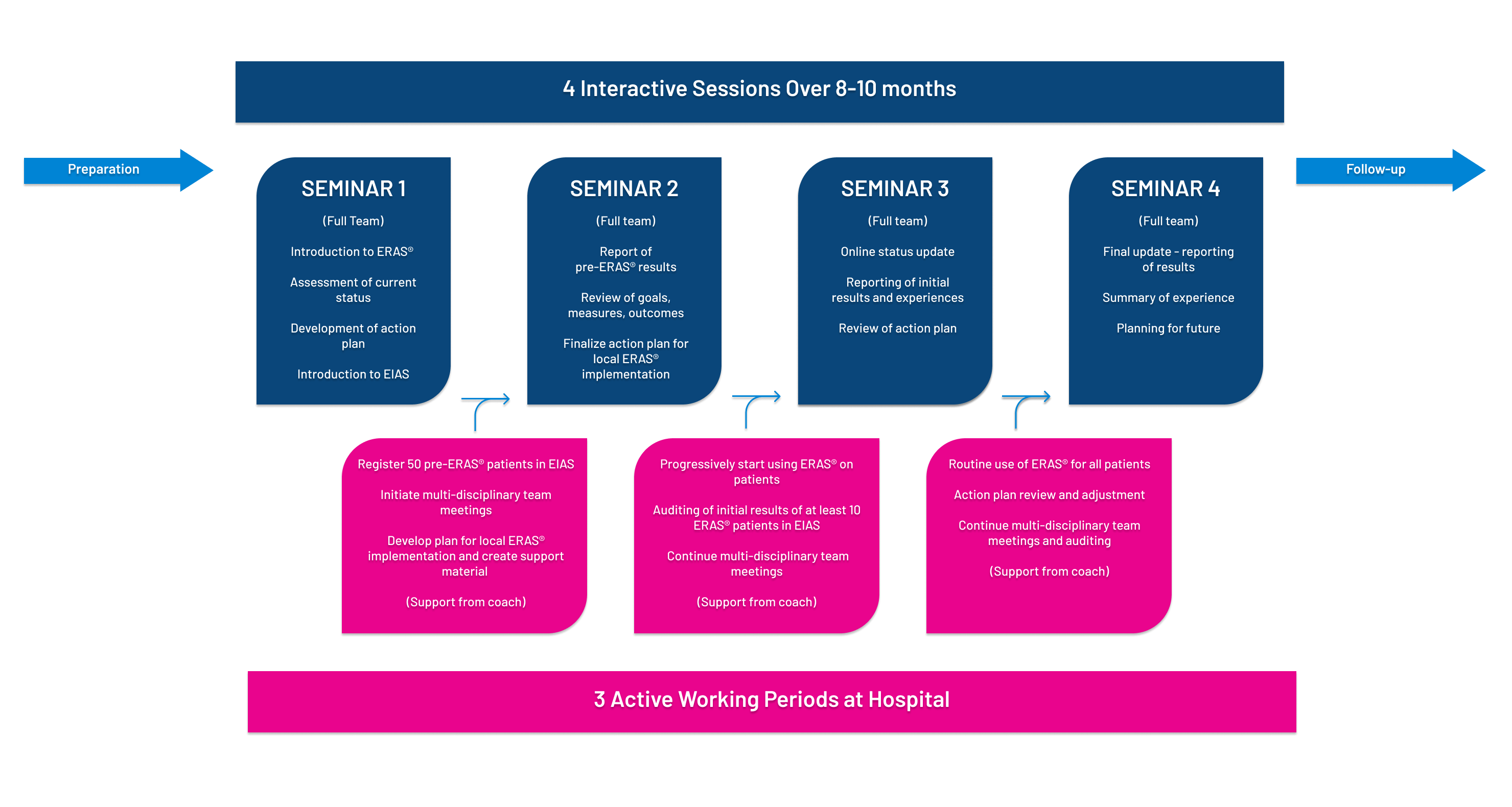

Our team can provide you with an estimate of your potential cost savings when implementing ERAS®.
The ERAS® Interactive Audit System (EIAS) is available for a number of specialties, i.e. ERAS® Protocols based on the published ERAS® Guidelines. ERAS® Protocols are periodically updated and improved by the ERAS® Society Guideline groups. This ensures that your best practice surgical guidelines are always at hand, resulting in a better patient experience of care. In addition to this, there are several other surgical areas where ERAS® Society Guidelines are being developed and scheduled for release as ERAS® protocols within the ERAS® Interactive Audit System platform.
Explore the current EIAS supported ERAS® Protocols below.

The ERAS® Interactive Audit System (EIAS) offers a Bariatric protocol based on the published guidelines of the ERAS® Society.
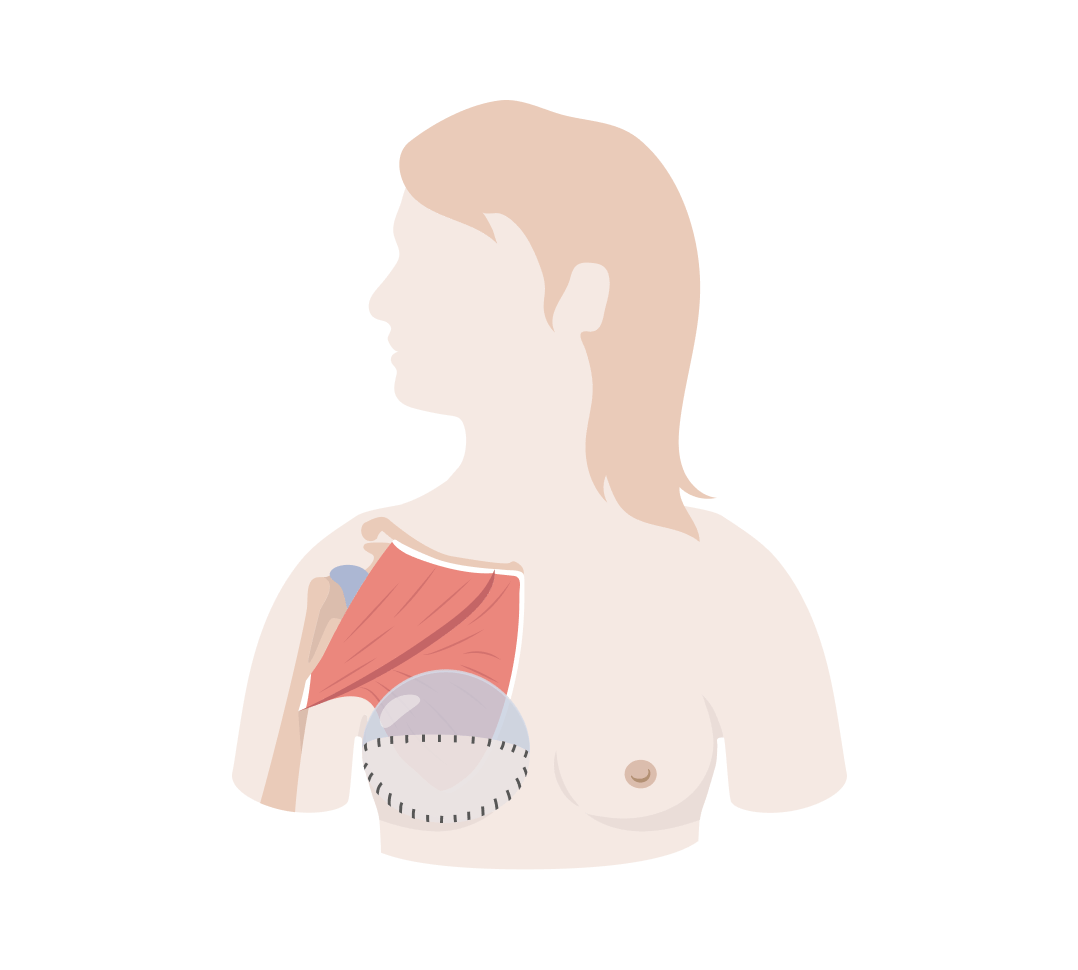
The ERAS® Interactive Audit System (EIAS) offers a Breast Reconstruction Protocol based on the published guidelines of the ERAS Society.
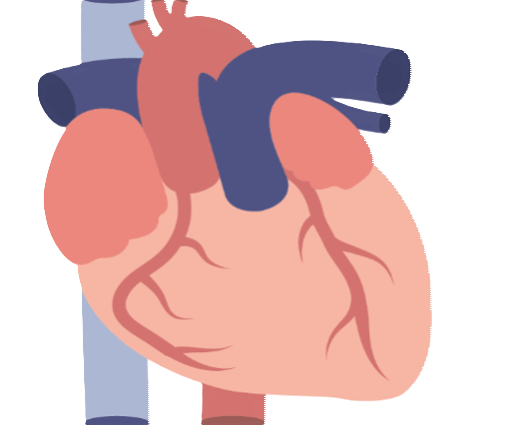
The ERAS® Interactive Audit System (EIAS) offers a Cardiac protocol based on the published guidelines of the ERAS® Society.

The ERAS® Interactive Audit System (EIAS) offers a Colorectal protocol based on the published guidelines of the ERAS® Society.
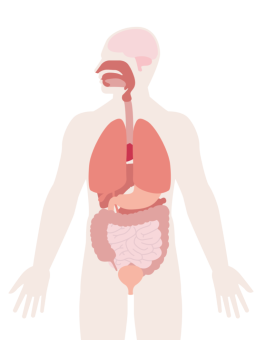
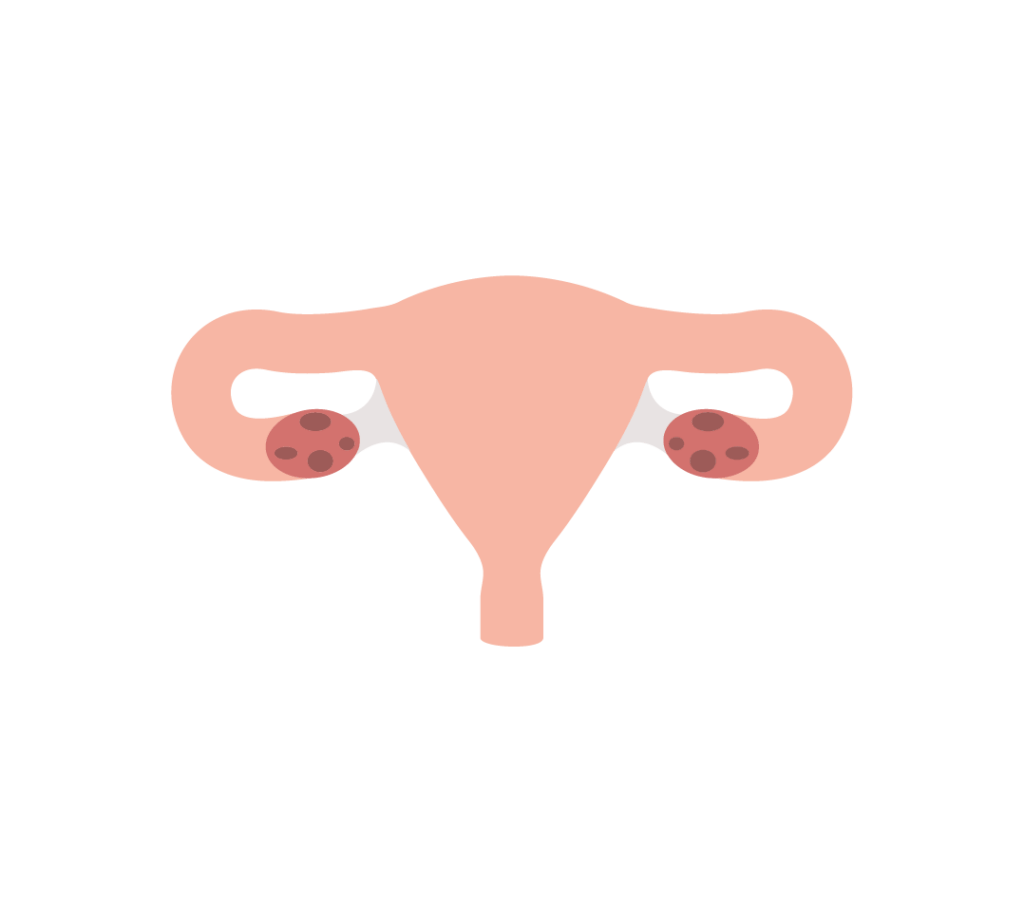
The ERAS® Interactive Audit System (EIAS) offers a Gynecology protocol based on the published guidelines of the ERAS® Society.
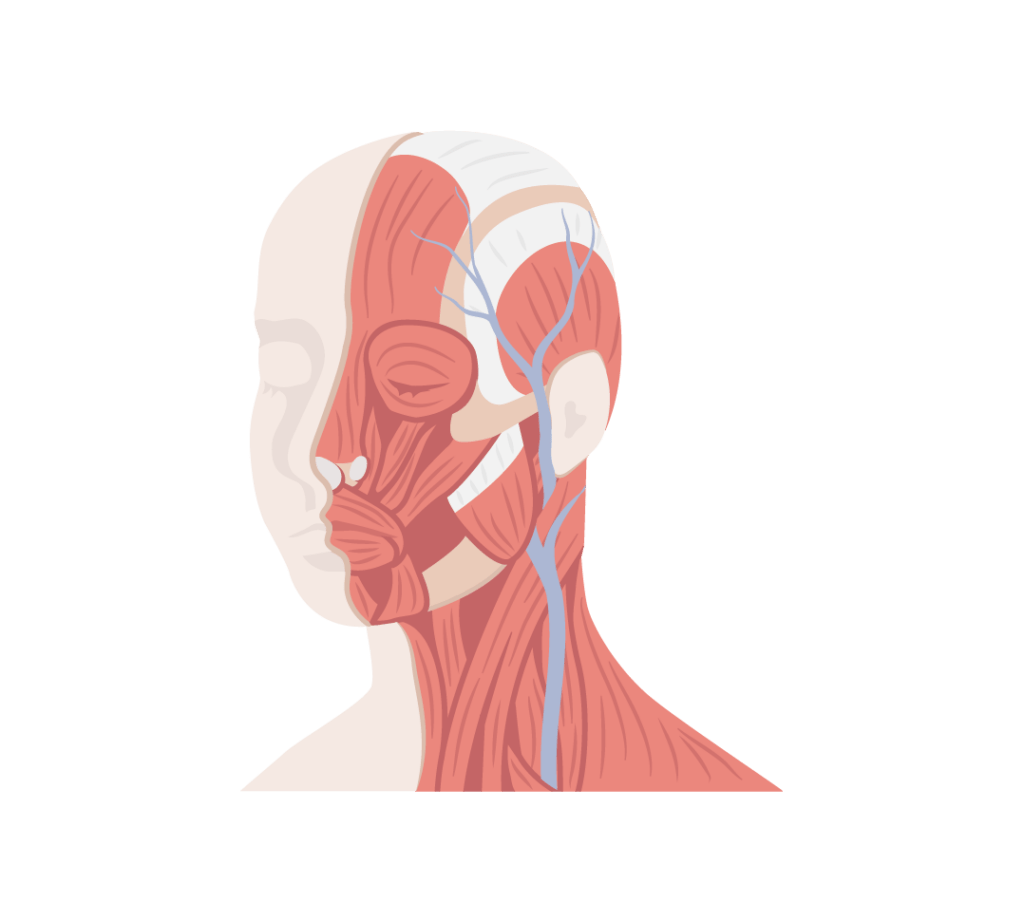
The ERAS® Interactive Audit System (EIAS) offers a Head & Neck protocol based on the published guidelines of the ERAS® Society.
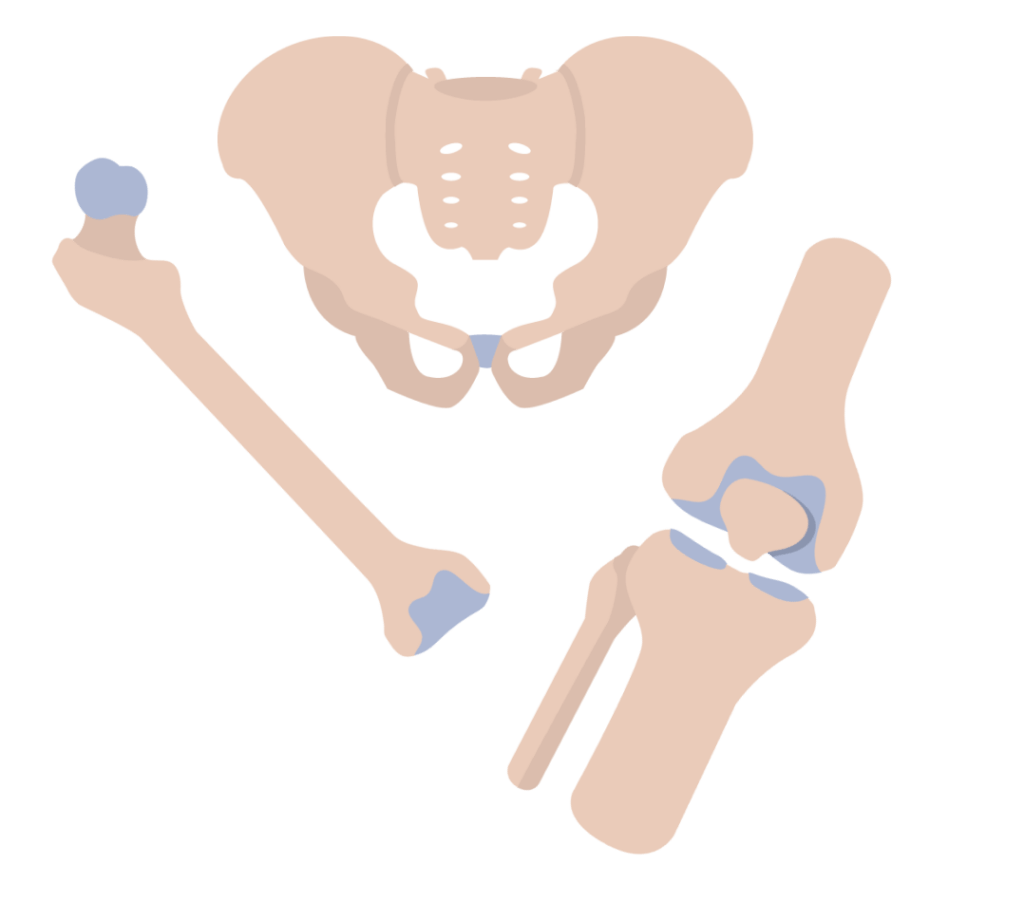

The ERAS® Interactive Audit System (EIAS) offers a Liver protocol based on the published guidelines of the ERAS Society.

The ERAS® Interactive Audit System (EIAS) offers a Pancreas protocol based on the published guidelines of the ERAS® Society
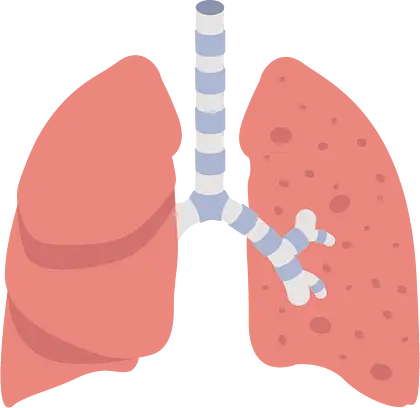
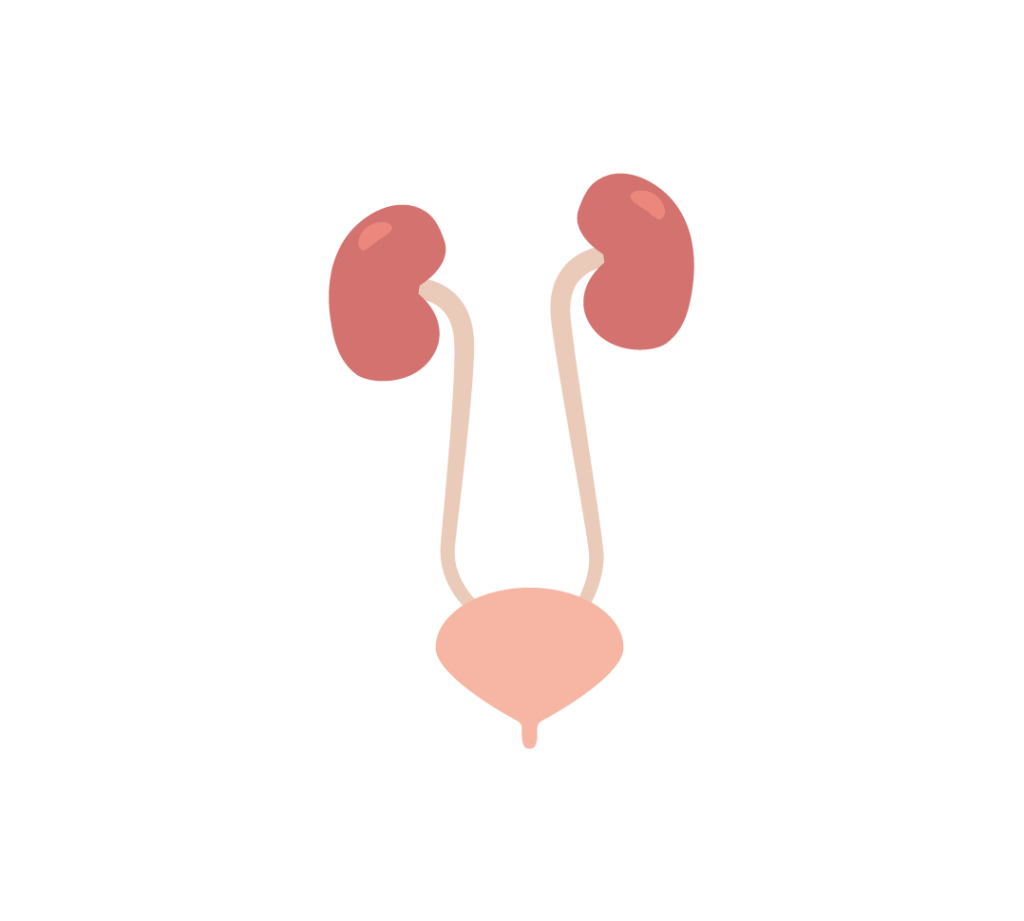
The ERAS® Interactive Audit System (EIAS) offers a urology protocol based on the published guidelines of the ERAS Society.
A: The program runs for a period of 8-10 months. The program follows a specific series of 4 scheduled workshops mixed with homework periods for projects to be carried out in the hospital.
A: The ERAS® Implementation Program (EIP) is led by leading clinical experts and ERAS® coaches representing the ERAS® Society. These experts have a focus on the relevant ERAS® Protocols and change management.